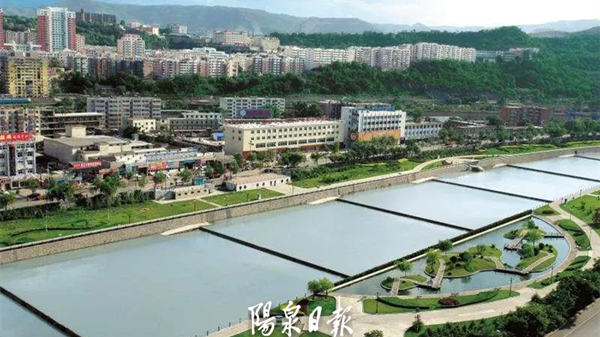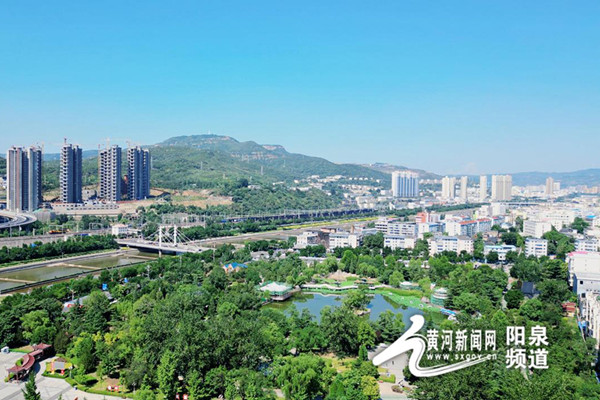Zhang Mu
Zhang Mu (1805-1849) was an important patriotic thinker, geographer, editor, and outstanding cultural celebrity in the Qing dynasty (1644-1911). He was born in Pingding, and later moved to Dayangquan village (now Dayangquan village, Yijing town).
Zhang was rigorous in his studies, detailed in textual research, and prolific in writing. He lived in the middle of the 19th century when the door to China gradually opened to Western powers. Some progressive feudal scholars began to take a look at the world and seek ways to strengthen the country. Zhang's academic research keenly shifted its focus from textual instruction to geographical textual research that was beneficial to border defense. He wrote the Yanchang Topography and Mongolian Nomadic Notes, and the latter, a masterpiece of his, recorded the social customs, historical evolution, place name changes and friendly exchanges between various ethnic groups in Mongolia. It was translated into Russian and Mongolian languages. He drew The Map of the Northwest of the Yuan Dynasty from the Yongle Dadian or Yongle Encyclopedia, which was sent to his friend Wei Yuan and engraved into the Illustrated Treatise on the Maritime Kingdoms or Haiguo Tuzhi. He also wrote a famous article highly praised by his friend Lin Zexu, a Chinese scholar-official of the Qing dynasty best known for his role in the First Opium War. In addition, he was author of many other works such as poetry and miscellanies.





